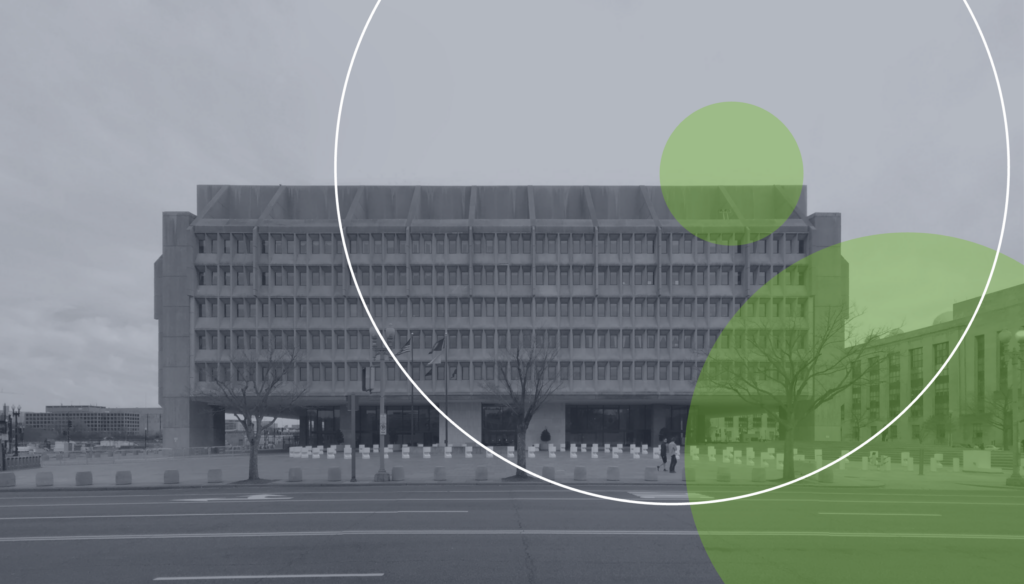President-elect Donald Trump’s nomination of Dr. Mehmet Oz to lead the Centers for Medicare and Medicaid Services (CMS) has sparked debate over its potential impact on Medicare, Medicaid, and healthcare regulation. As the agency responsible for overseeing healthcare coverage for over 160 million Americans, CMS plays a crucial role in access, quality, and financial stability for health systems.
Key Implications for Health Systems:
- Telehealth Expansion: Dr. Oz supports removing geographic restrictions on telehealth, which could improve access to care for rural and low-income populations facing transportation barriers. This expansion could help hospitals and health systems reduce costs and improve patient outcomes through remote monitoring and virtual care.
- Administrative & Operational Impact: His stance on reducing documentation and quality metric requirements could lower administrative burdens on hospitals and providers, allowing them to focus more on patient care rather than compliance-heavy reporting. However, reduced oversight could also impact care quality tracking and performance-based reimbursement models.
- Medicaid & Coverage Stability: While Dr. Oz has not explicitly commented on Medicaid postpartum coverage, his alignment with Trump’s healthcare agenda suggests he may support continuing recent Medicaid expansions, such as 12-month postpartum coverage in select states. However, uncertainty remains over his stance on broader Medicaid access.
Potential Risks and Concerns
- Privatization of Medicare/Medicaid: Dr. Oz’s “Medicare Advantage for All” proposal would shift beneficiaries into privatized plans, which studies show restrict or deny care more frequently (often through prior authorization and narrow networks), disproportionately harming low-income patients
- Conflict of Interest & Policy Priorities: His financial ties to major insurers (UnitedHealth, CVS Health) raise concerns about favoring Medicare Advantage over traditional Medicare/Medicaid, which could reduce protections and coverage options for vulnerable populations.
- Medicaid Expansion & Coverage Gaps: Dr. Oz’s past comments suggesting healthcare is a privilege, not a right, raise concerns that his leadership could stall Medicaid expansion efforts, leaving 2.2 million low-income Americans uninsured in non-expansion states. Hospitals in these states could see increased uncompensated care costs if Medicaid eligibility remains restricted.
- Quality of Care & Regulatory Oversight: Medicare Advantage plans restrict access to specialists and post-acute care, potentially worsening outcomes for chronic disease patients. Additionally, Dr. Oz’s history of promoting unproven treatments (e.g., hydroxychloroquine for COVID-19) raises concerns about whether CMS policies under his leadership will maintain evidence-based standards in healthcare.
What’s Next for Health Systems:
- Confirmation Process: The Senate Finance Committee has scheduled a hearing to consider Dr. Oz’s nomination on March 14, 2025. Health systems should monitor the outcomes, as the confirmation will determine the leadership direction of CMS.
- Strategic Planning: Depending on the confirmation outcome, health systems may need to adjust their strategies to align with new CMS initiatives, particularly if there is a shift toward preventive care and alternative treatment models.
- Adapting to a Changing CMS Landscape: Health systems may need to adjust long-term strategies based on new CMS priorities, particularly in areas like Medicare Advantage expansion, Medicaid eligibility, and digital health integration.
As the nomination process unfolds, health systems must stay informed and proactive to adapt to potential changes in CMS leadership and policy directions.

